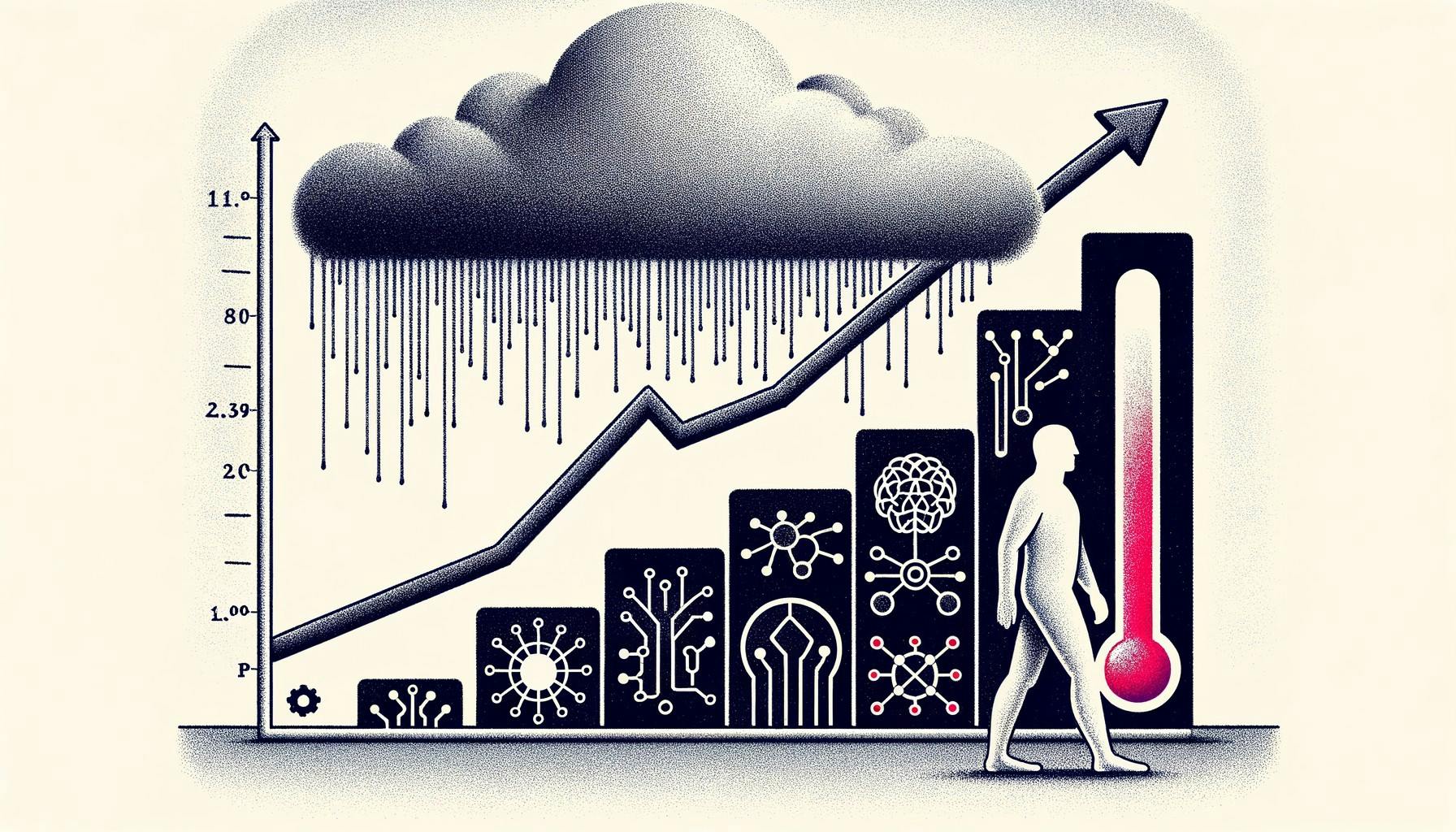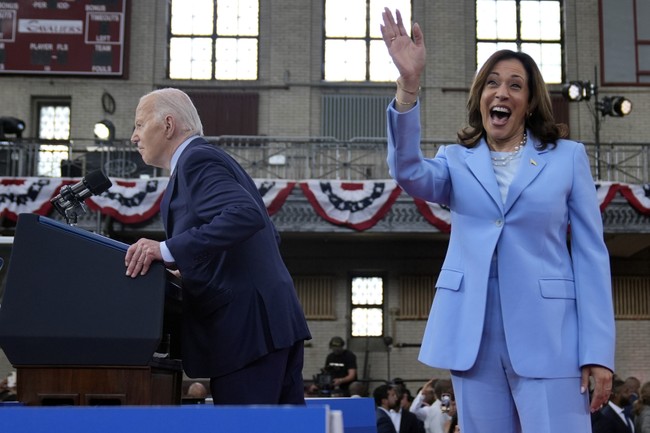Investor Optimism Drives S&P 500 Up 17% in 2024 Amid AI Hype
Discover how AI advancements and cooling inflation are fueling the S&P 500's incredible growth in 2024, while political and economic uncertainties linger.
Published July 25, 2024 - 00:07am

Image recovered from finimize.com
This strong rally emphasizes investor optimism around AI technology and cooling inflation, propelling consistent market growth. The index's remarkable run of 355 sessions without a significant daily drop is the longest streak since 2007. Yet, the recent jump in the Cboe Volatility Index (VIX) - Wall Street's fear gauge - signals mounting worries over tech sector earnings, political uncertainty from changing presidential nominees, and typical seasonal market weaknesses.
Despite Nvidia's 138% gain this year, a higher put-to-call options ratio shows increasing investor caution. As tech giants like Tesla and Alphabet gear up to release earnings, any disappointing results could spark an investment shift away from tech. This rotation trade is already evident, with the Russell 2000 up 9% over the past 10 sessions while the tech-heavy Nasdaq 100 dipped 3%. Concerns over market instability are driven by rising expectations of Federal Reserve rate cuts, possibly steering more investments from tech to smaller companies and overlooked sectors.
The bigger picture: Political uncertainty looms large. President Biden's decision not to run in the next election, endorsing Vice President Harris against Republican frontrunner Donald Trump, adds another layer of unpredictability. Betting markets currently favor Trump over Harris, influencing investor sentiment. Historical trends show increased volatility in election years, with the VIX typically spiking in October. A closely contested presidential race is expected to heighten market unpredictability, affecting stocks and volatility arbitrage strategies like the dispersion trade, which rely on the spread between index-level and single-stock volatility.







